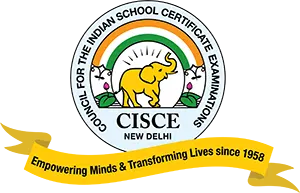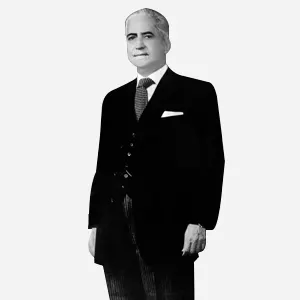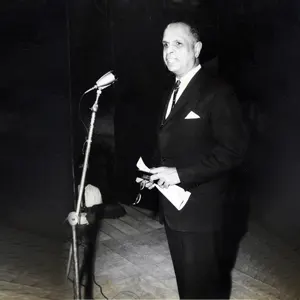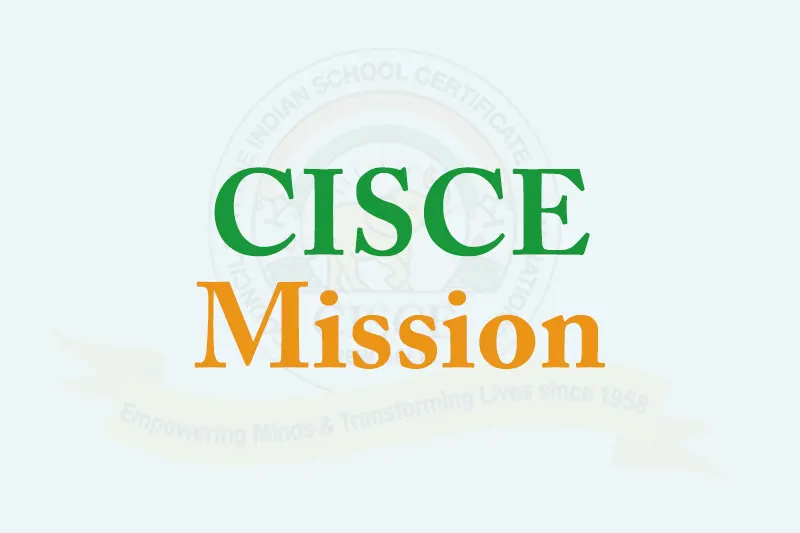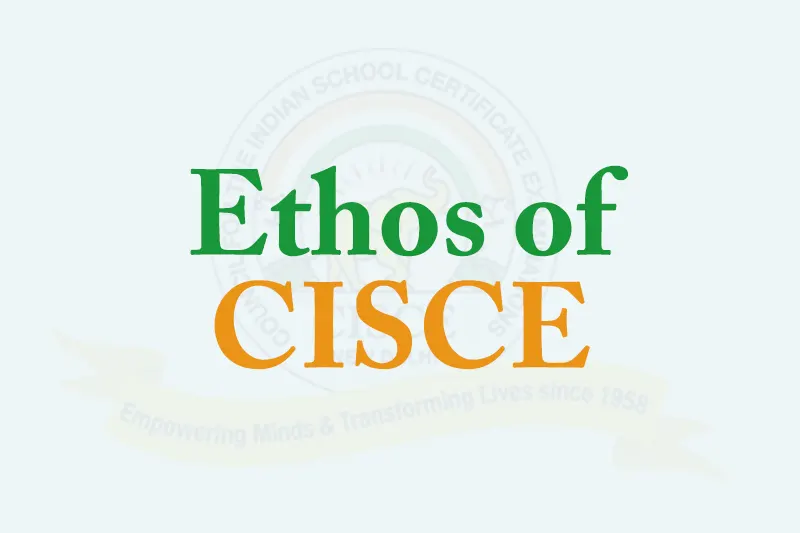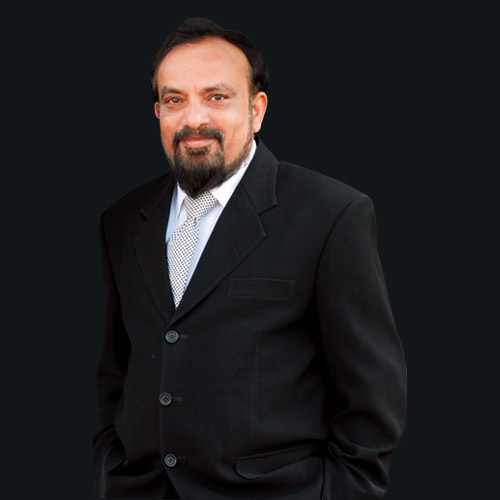About CISCE
CISCE has been so constituted as to secure suitable representation of: Government of India, State Governments/Union Territories in which there are Schools affiliated to the CISCE, the Inter-State Board for Anglo-Indian Education, the Association of Indian Universities, the Association of Heads of Anglo-Indian Schools, the Indian Public Schools Conference, the Association of Schools for the ISC Examination and members co-opted by the Executive Committee of CISCE.
CISCE Landmarks
CISCE has retained its uniqueness and distinctive identity by its past and present leadership and office-bearers through the achievement of salient landmarks, some of which are mentioned below:
- 1958 The Council for the Indian School Certificate Examinations was established on 3rd November.
- 1963 The nomenclature of the examination changed from Overseas Certificate Examination to Indian School Certificate Examinations (ISCE) in November.
- 1967 The Council for the Indian School Certificate Examinations registered as a Society under the Societies Registration Act XXI of 1860 on 19th December.
- 1970 The first Indian Certificate of Secondary Examination (ICSE Class X) was held in November/ December.
- 1973 The Delhi Educational Act, 1973, passed by Parliament, recognized the CISCE as a body conducting public examinations in Chapter I under Definitions, Section 2(s).
- 1977 In keeping with the recommendations of the Kothari Commission of the 10 + 2 pattern of school education, the first Indian School Certificate (ISC- Class XII) examination was conducted in March.
- 1978 A minimum attendance requirement of 75% for XI and XII was stipulated.
- 1993 Special arrangements were made to cater to students with special needs such as Dyslexia, Dysgraphia, Dyscalculia and ADD (Attention Deficit Disorder)
- 1995 The bifurcation of the Syllabuses for ICSE Classes IX and X had begun.
- 1996 The Certificate of Vocational Education (Year 12) was introduced.
- 1999 The CISCE makes Mathematics and Science optional at the ICSE Level.
- 1999 Internal Assessment in each subject with a weightage of 20% for the ICSE was introduced to enable a more participatory role of teachers and students in the assessment process.
- 2005 A skill-based practical subject introduced for compulsory study in the Group III subjects of the ICSE.
- 2010 The Centralized Evaluation of answer scripts introduced.
- 2013 The CISCE implemented the much-awaited Integrated Computerized System for the CISCE’s and Schools operations using the Information and Communications Technology (ICT) as a part of the modernization plan. The program was christened as CAREERS (CISCE’s Affiliation Registration Examination and ERP Systems).
- 2015 For the first time, the Results were published through the CISCE’s official website.
- 2018 The CISCE introduced National Level Sports and Games in 24 Disciplines.
CISCE Founders – Pioneering Efforts
Founder Chairman
November 1958 – December 1993
Mr. Frank Anthony
Mr. Frank Anthony as the Founder Chairman pioneered the formation of the Council for the Indian School Certificate Examinations.
Mr. Anthony in his multifaceted role as an Educationist, Parliamentarian, Barrister-at-law, Orator and prominent leader of the Anglo-Indian community championed the noble cause of education during the early days of Post-Independent India. The vision envisaged by Mr. Anthony paved the way in laying a strong foundation for English to emerge as a medium of instruction in schools.
Mr. Anthony’s dedication to the cause of education led to the formation of The Frank Anthony Public Schools in the cities of Bangalore, Kolkata and Delhi.
Mr. Albert E. T. Barrow
Mr. A.E.T. Barrow as the Founder Secretary played a stellar role in supporting Mr. Anthony’s endeavours and vision through his exemplary contribution. As Secretary of the Council for the Indian School Certificate Examinations, Mr. Barrow as a former School Master brought to the fore his vast experience to the CISCE.
Mr. Barrow who was the nominated Member of Parliament had a deep understanding of the requirements of School curriculum and the requisite standards to be adopted. His meticulous eye for every detail in administrative issues led to an easy transition from the Cambridge Examinations held earlier to the entirely new concept of the examination that conformed to the educational requirements of CISCE affiliated schools.
He laid special emphasis on the quality of transaction in CISCE affiliated schools through a constant upgradation of course content taught in schools. The introduction of continuous assessment and evaluation by Mr. Barrow helped to enhance existing standards of teaching and learning.
The CISCE shall always remember its Founder Secretary whose contributions have been immeasurable to where the CISCE stands today.
Founder Secretary
January 1959 – February 1982
CISCE’s Mission Statement
The Council for the Indian School Certificate Examinations is committed to:
- Serving the nation’s children,
- Ensuring high quality educational endeavours,
- Empowering them to contribute towards a humane, just and pluralistic society,
- Promoting introspective living,
- Creating exciting learning opportunities,
- Providing excellence in education.
Ethos of CISCE
- Trust and fair play.
- Minimum monitoring.
- Allowing CISCE schools to evolve their own niche.
- Catering to the needs of the children.
- Giving freedom to experiment with new ideas and practices.
- Diversity and plurality – the basic strength for evolution of ideas.
- CISCE schools to motivate pupils towards the cultivation of:
- Excellence – The Indian and Global experience.
- Values – Spiritual and cultural – to be the bed rock of the educational experience.
- CISCE schools to have an ‘Indian Ethos’, strong roots in the national psyche and be sensitive to national aspirations.
Chairmen of CISCE
Mr. Frank Anthony
Mr. Neil A O’Brien
3rd December 1993 to 30th June 2011
REV. Fr. Jose Aikara
1st July 2011 to 11th November 2014
Dr. G. Immanuel
12th November 2014 till date
Chief Executive & Secretaries of CISCE
Mr. A. E. T. Barrow
1st January 1959 to 28th Feburary 1982
Mr. Jose Fuste
1st March 1982 to 30th 1988
Mr. W. R. King
1st December 1988 to 31st January 1992
Mr. Francis Fanthome
1st February 1992 to 19th July 2005
Mrs. Rita Wilson
Mr. Gerry Arathoon
Chief Executive & Secretary
Mr. Gerry Arathoon
Mr. Gerry Arathoon
Chief Executive & Secretary
Chairman’s Perspective
Dr. G. Immanuel
It gives me immense pleasure to welcome you to the official website of CISCE.
CISCE as a National Board has a rich legacy beginning in 1958 and has its roots in the Cambridge University Examinations, which were conducted in the country at the time.CISCE has always stood firm on its values and principles as stated in its Mission statement and Motto. Our commitment to the student community is unwavering in its stand.
In the ever-evolving world of education, CISCE has always stood out and pioneered many a change, always adopting and adapting to the global scenario and demands. Presently, with the release of the New Education Policy (NEP 2020) introduced by the Government and the changes proposed, CISCE too will be making suitable course corrections to be in sync with these proposals.
While CISCE already offers a ‘basket of subjects’ to choose from, in the recent years, it has offered relevant additional subjects to this list i.e., Legal Studies, Mass Communication, Hospitality Management, Beauty & Wellness, etc. With the NEP and the new NCF in mind, CISCE plans to offer more skill-based and vocational subjects soon i.e., Robotics, Artificial Intelligence, Data Analytics, etc.
While making great strides in the upgrade of the curriculum and pedagogy, it is imperative that similar advances be made in the field of assessment.CISCE is presently working to ensure that the assessment standards meet the global requirements.CISCE will continue to work in the enlightened spirit of progress, always keeping in mind the well-being and growth of the students.
Chief Executive & Secretary’s Perspective
Gerry Arathoon
Greetings from the Council for the Indian School Certificate Examinations (CISCE), New Delhi. A very warm welcome.
CISCE is a Progressive, Autonomous, National Examination Board. CISCE has approximately 2750 affiliated schools across India and five countries abroad, as on date. A step-by-step process is adopted for the affiliation of a school to CISCE. The process is straight-forward and simple, provided the basic mandatory conditions are met.
CISCE is a Nationally and Internationally acclaimed Board. Its curriculum is so designed and developed, keeping in mind the global standards and the emerging new patterns and trends in the field of education as well as those mentioned in the New Education Policy (NEP) 2020 document.
It is interesting to note that many of the recommendations of the NEP 2020 have already been an integral part of the CISCE’s curriculum for the past many years. For instance, flexibility in the choice of subjects, project work, experiential learning, inclusiveness, certification in Vocational Education, etc. are some such examples. Our Research wing is in a continuous process of developing new methods of pedagogy and assessments, in collaboration with eminent leaders from the field of education.
The aim of CISCE is to develop holistic and well-rounded individuals, who would in turn be worthy contributing citizens in the progress and development of the nation, as well as individuals who would make a difference to the world at large. CISCE has realized its important role in contributing towards the development of a better world. This, we have been doing silently and persistently for the last seven decades!
CISCE Offices
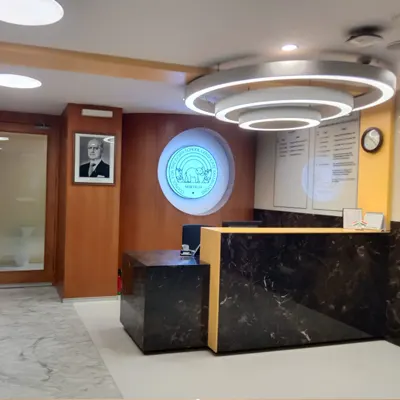
Nehru Place, New Delhi
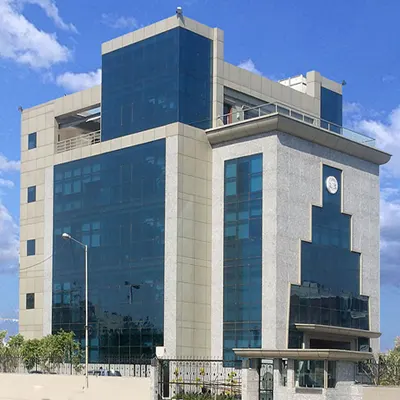
Saket, New Delhi
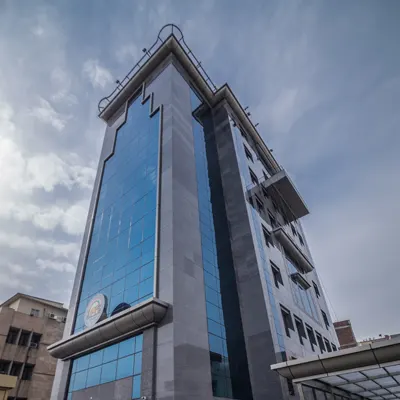
NOIDA, Uttar Pradesh

Kolkata, West Bengal
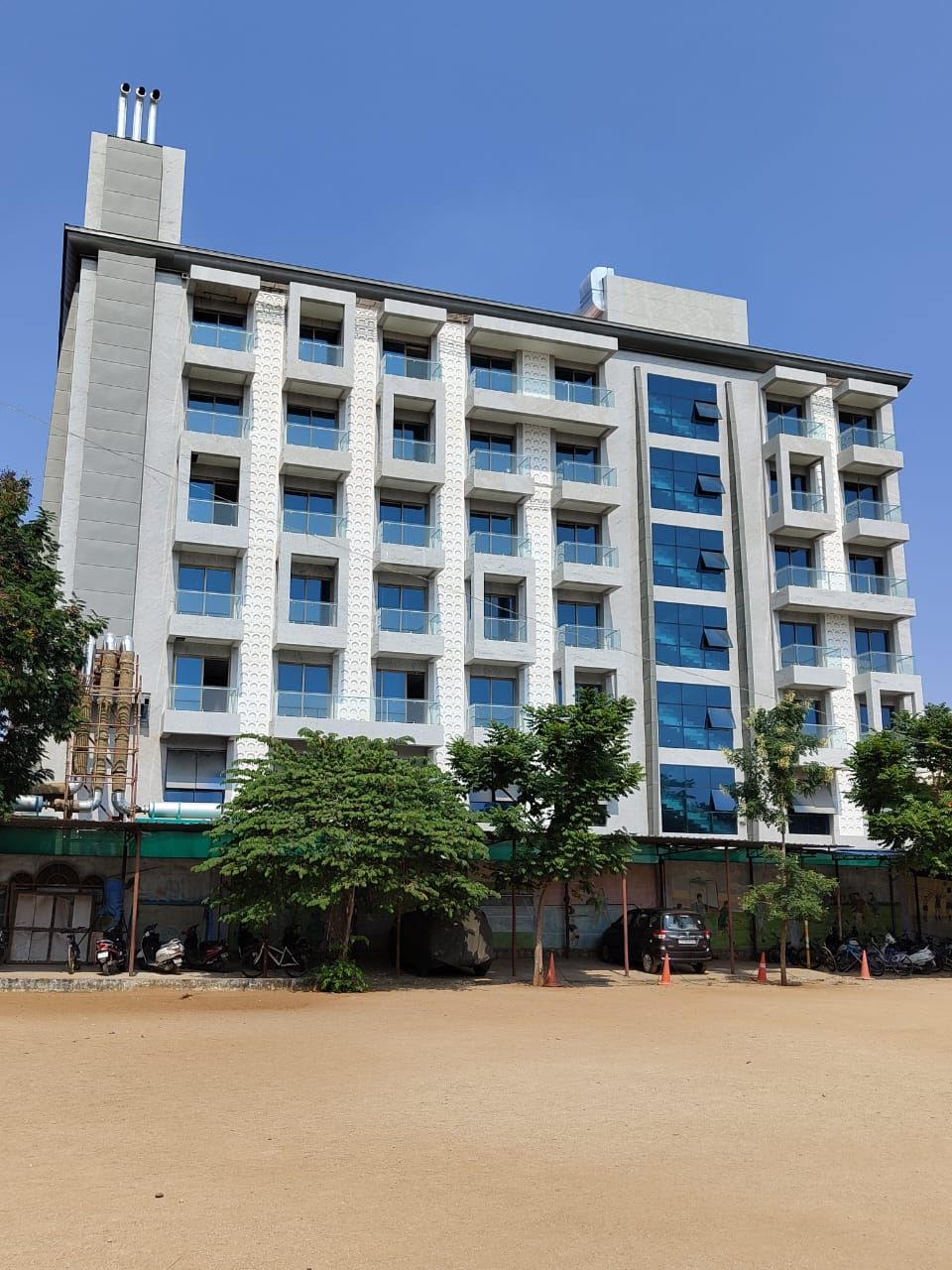
Hyderabad, Telangana
CISCE Footprint

